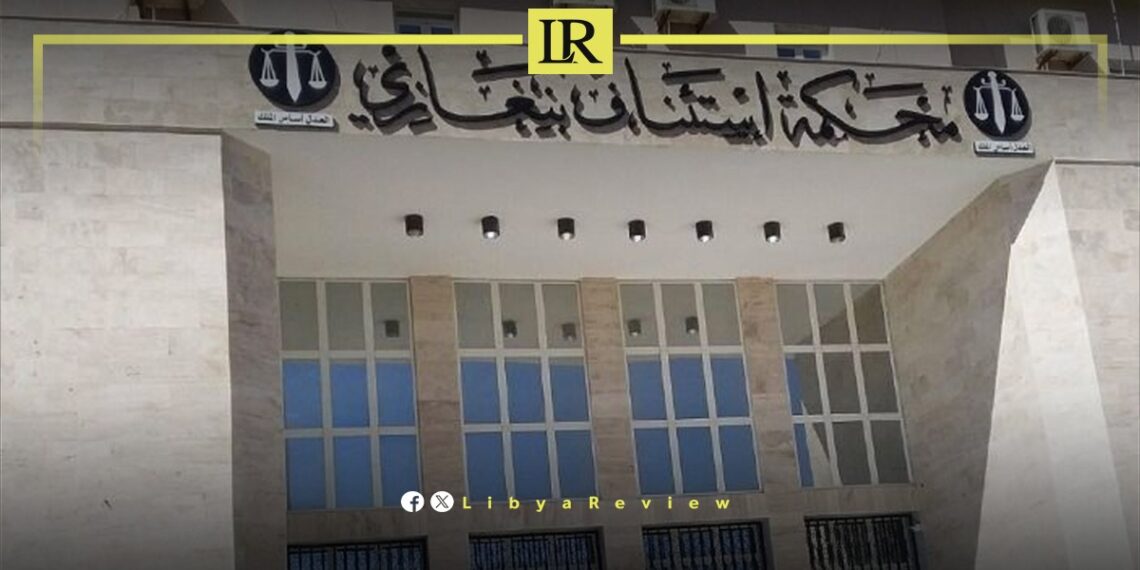The Benghazi Appeal Court’s First Circuit has suspended Resolution No. (122-2023) issued by the outgoing Government of National Unity (GNU) regarding the reformation of the Board of Directors of the Libya Aid and Development Fund, following Prime Minister Osama Hammad’s appeal.
This interim measure underscores ongoing legal and political challenges in Libya, especially concerning governance and institutional formation. The case highlights the intricate dynamics between governmental branches and the judiciary in Libya’s evolving political context.
Observers are closely monitoring these developments, recognizing their potential impact on the governance and operational efficiency of the Libya Aid and Development Fund. Efficient administration of the fund is critical for Libya’s reconstruction and development endeavors.
The Benghazi Court’s decision signifies a crucial juncture in Libyan legal proceedings, showcasing the judiciary’s role in resolving disputes over government decisions and institutional frameworks. The outcome will set a precedent for similar disputes, shaping discussions on governance and institutional integrity in Libya.
Libya has faced turmoil since Muammar Gaddafi’s ousting in 2011, resulting in a division between rival administrations. The country’s oil-dependent economy has suffered from instability, affecting global oil markets and Libya’s economic stability.
The conflict has triggered a significant humanitarian crisis, with numerous casualties and displacements. Migrants and refugees traveling through Libya to Europe encounter dire conditions.
Disagreements over election laws and candidate eligibility led to the postponement of December 2021 elections, raising concerns about a peaceful political transition’s feasibility.
Despite a ceasefire, security challenges persist due to sporadic fighting, foreign mercenaries, and fighters. Unifying the military and removing foreign forces are pressing tasks.


